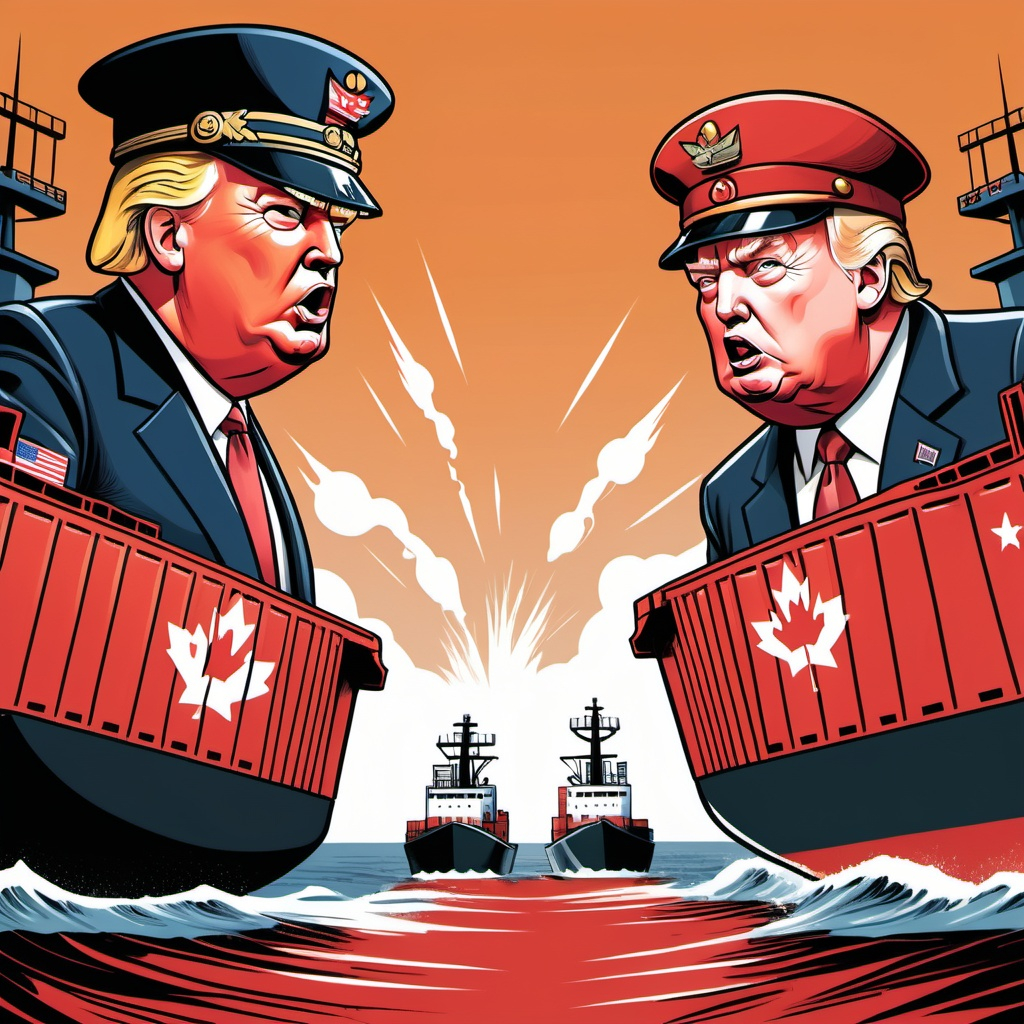The Downfall of a Real Estate Giant
At its zenith, China Evergrande Group was more than just a property developer; it was a symbol of rapid growth and opportunity, boasting a valuation exceeding $50 billion. However, the tides turned dramatically in 2021 when the company’s massive debts became unmanageable, leading to a catastrophic decline in its fortunes and a broader crisis in China’s property market.
The Delisting Milestone
As of August 25, 2025, shares of Evergrande were officially delisted from the Hong Kong Stock Exchange. This move was anticipated following a series of financial woes that had left the company suspended from trading since January 29, 2024. The delisting came as a court in Hong Kong initiated liquidation proceedings after Evergrande failed to present a viable plan for restructuring its staggering debts, which exceed $340 billion.
Understanding the Factors Behind the Crisis
Evergrande’s troubles began to escalate when the Chinese government imposed stricter regulations on real estate borrowing in 2020. These reforms, known as the “three red lines”, aimed to curb excessive debt levels among developers, preventing companies like Evergrande from obtaining new funds to service existing debts. When ever-tightening credit conditions triggered a wave of defaults across the industry, the impact rippled through the economy, affecting everything from construction materials to household appliances.
The crux of the issue lies in the fact that many home buyers in China pay upfront for properties that are not yet constructed. Consequently, when Evergrande and other developers halted construction due to liquidity crises, countless consumers found themselves stuck in limbo, amplifying the economic repercussions.
The Broader Economic Implications
The ongoing downturn in the real estate sector isn’t just a problem for Evergrande. With real estate accounting for up to 20% of China’s economy—and as much as 33% when related sectors are included—the slowdown has severely impacted consumer spending. The stakes are incredibly high; millions of Chinese families hold significant parts of their wealth in property, making the sluggish housing market a critical issue.
Reactions from China’s Leadership
In response to the crisis, China’s leaders have taken unprecedented measures to stabilize the housing market. They have provided billions in loans and initiated subsidies to encourage the completion of stalled projects. Local governments have been urged to purchase unsold inventory of apartments as part of an affordable housing initiative, while the government has relaxed down payment and mortgage requirements to stimulate demand.
Recent developments suggest these efforts might be beginning to have an effect. Housing prices remain in decline, but there are signs of gradual recovery, leading analysts to consider this a potential turning point. HSBC Global Investment Research noted that the government’s proactive stance in rolling out supportive measures may help bolster market confidence.
The Evergrande Legacy: A Cautionary Tale
Founded in 1996 by entrepreneur Hui Ka Yan, also known as Xu Jiayin, Evergrande’s journey reflects the highs and lows of China’s property boom. After listing on the Hong Kong stock exchange in 2009, the company became a leading force in real estate.
Despite filing for Chapter 15 bankruptcy protection in New York City in 2023, this avenue was later withdrawn. Ominously, a Hong Kong court’s order to wind up the company reflects the grim reality of its financial situation. A staggering 90% of Evergrande’s assets reside in mainland China, complicating efforts to satisfy creditor claims amidst an ongoing liquidity crisis.
The Financial Landscape Ahead
As per recent reports from Evergrande’s liquidators, claims against the company have ballooned to $45 billion, significantly exceeding previous liability assessments. In another crucial piece of information, the liquidators have taken control of more than 100 subsidiary companies, collectively valued at approximately $3.5 billion. Despite having sold around $255 million worth of assets, these efforts are labeled as modest, highlighting the struggles faced in recouping the company’s significant debts.
In summary,** Evergrande’s delisting marks not only the end of an era for one of China’s largest real estate developers but also serves as a microcosm of the ongoing struggles within the broader Chinese economy. With consumer confidence shaken and developers feeling the pinch, the path forward remains complex and uncertain.
To learn about the disclaimer of liability for the content of this website, click here





